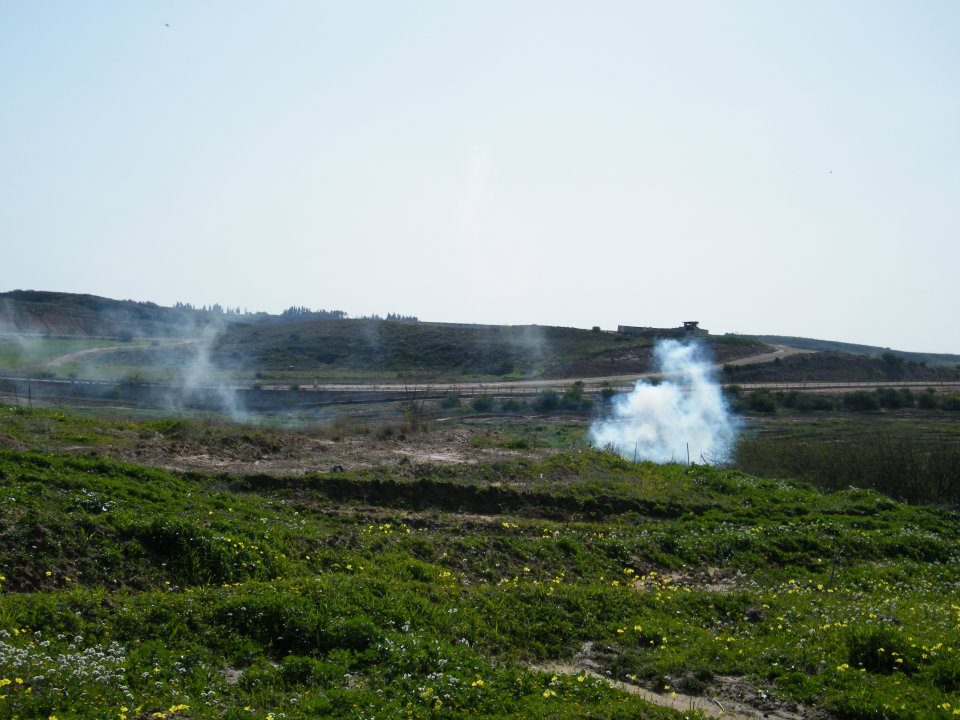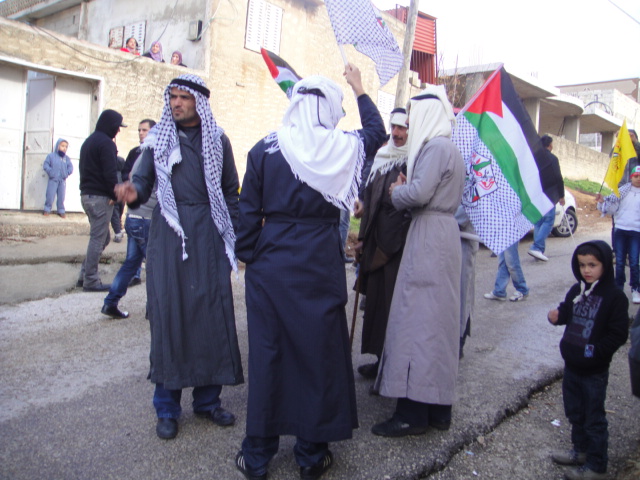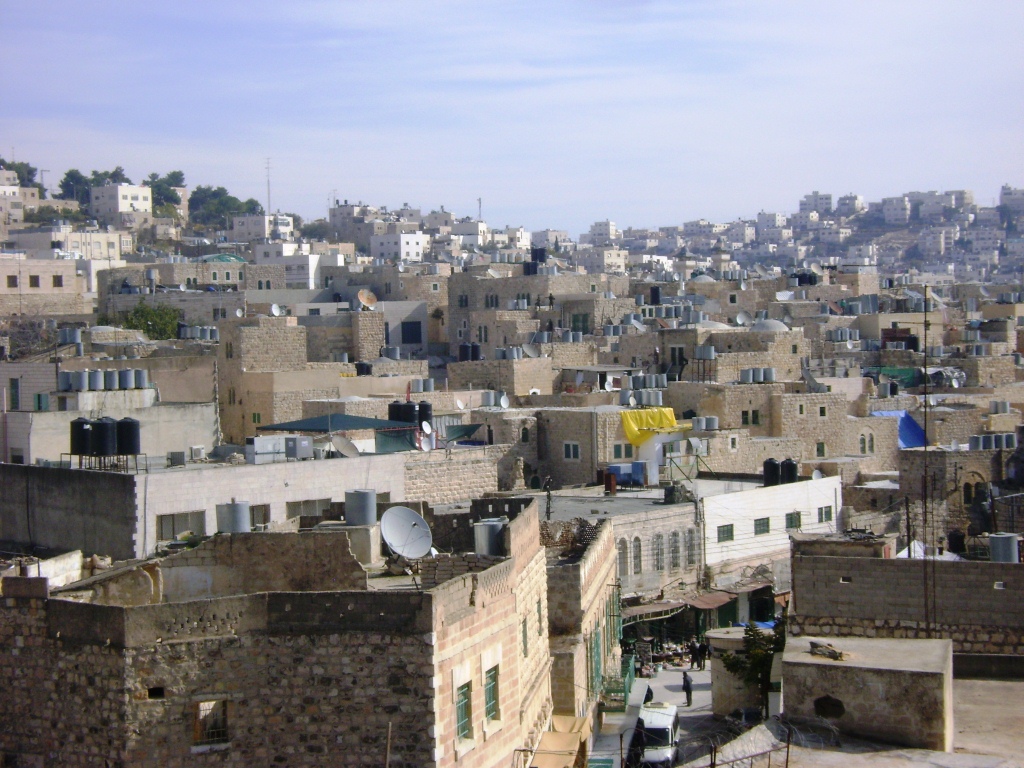Category: Journals
-
Beit Hanoun demonstration under fire
by Nathan Stuckey 25 January 2012 | International Solidarity Movement, Gaza Strip Gaza was treated to a strange new sight today, not really new, but something that has not been seen in Gaza in a long time: tear gas. In Gaza protests are not smashed with tear gas and clubs like in the West Bank,…
-
Kufr Qaddoum: Not peanuts in the colonists’ jar
by Amal 16 January 2012 | International Solidarity Movement, West Bank The cold and rain did not keep the residents of Kufr Qaddoum from protesting this past Friday. Even the hail storm did not stop them from demanding their equal rights. The resilience and courage of the residents cannot be summed up in words. However,…
-
Palestine doesn’t ask for aid, but for freedom and recognition
by Emma 13 January 2012 | International Solidarity Movement, West Bank I always knew I would go to Palestine one day. It wasn’t until I met my four friends from Gaza, Motasem, Mohammed, Hussein and Mo’min, during my time as an exchange student at a Turkish university, that I finally decided to go. Their humble and honest…



